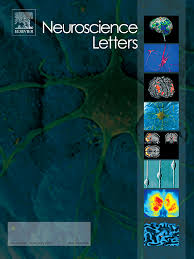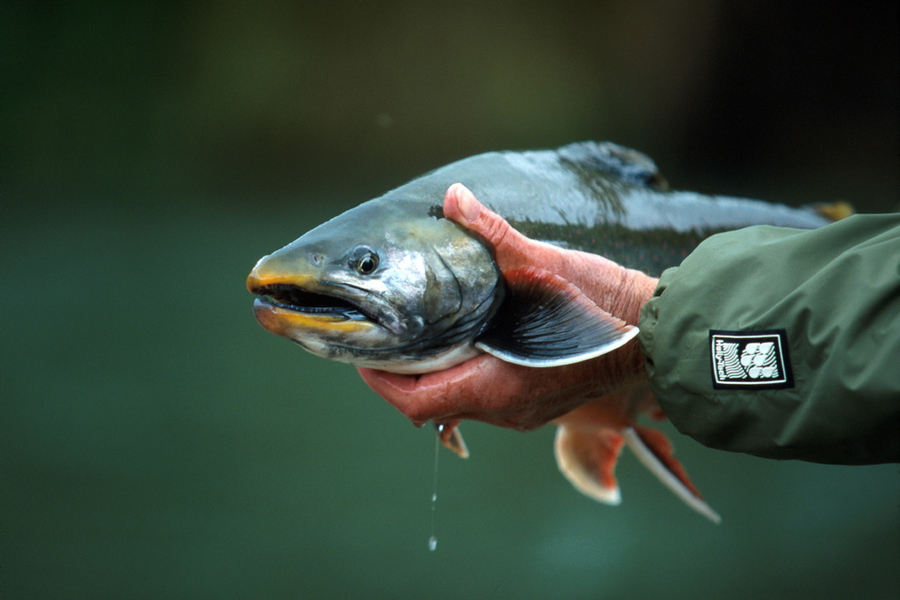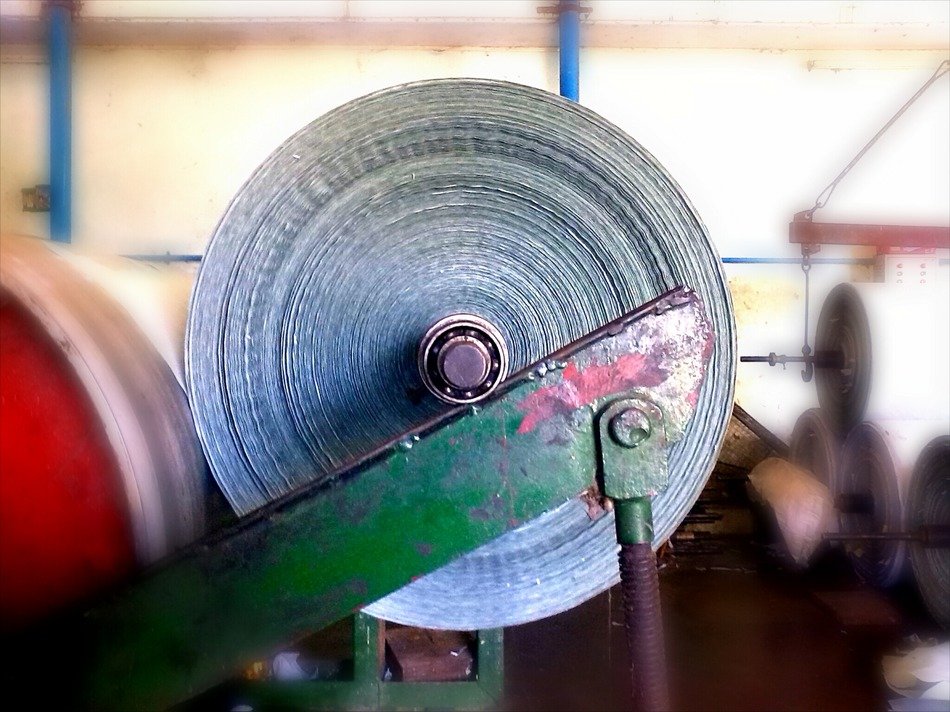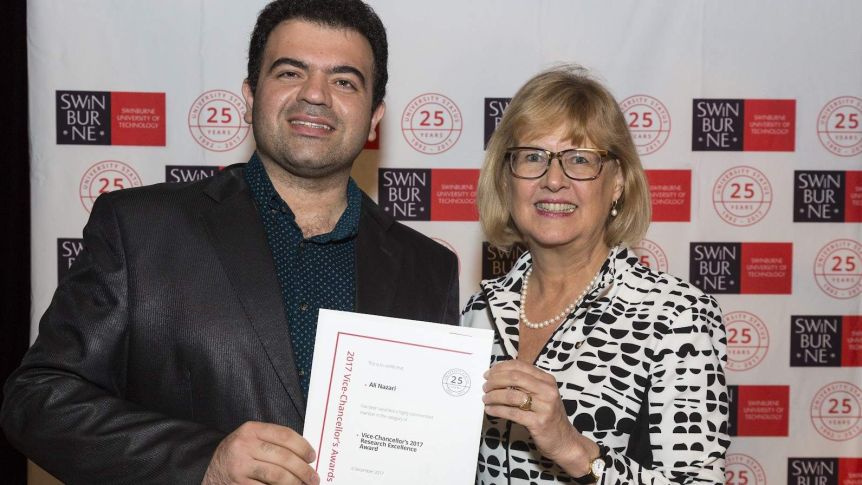Burned by the offer of a special issue, a journal has retracted four papers after determining that the guest editors of the supplement were not legit.
Neuroscience Letters, an Elsevier title, published the special issue — “Special Issue on Clinical and Imaging Assessment of Cognitive Dysfunction in Neurological and Psychiatric Disorders” — last summer, but it’s no longer on the journal’s website. The guest editors were listed as “Dr. Kalemaki Katerina Kalemaki, Dr. Hailong Li and Prof. Wiesława Grajkowska.”
This case is the third we’ve seen lately involving journals and publishers scorched by rogue guest editors. For an insider’s look at how such scams can run, check out our 2019 Q&A with Jamie Trapp, whose journal, Physical and Engineering Sciences in Medicine (formerly the Australasian Physical & Engineering Sciences in Medicine), fell victim to one not long ago. A preview:
Continue reading Third journal scammed by rogue editors







